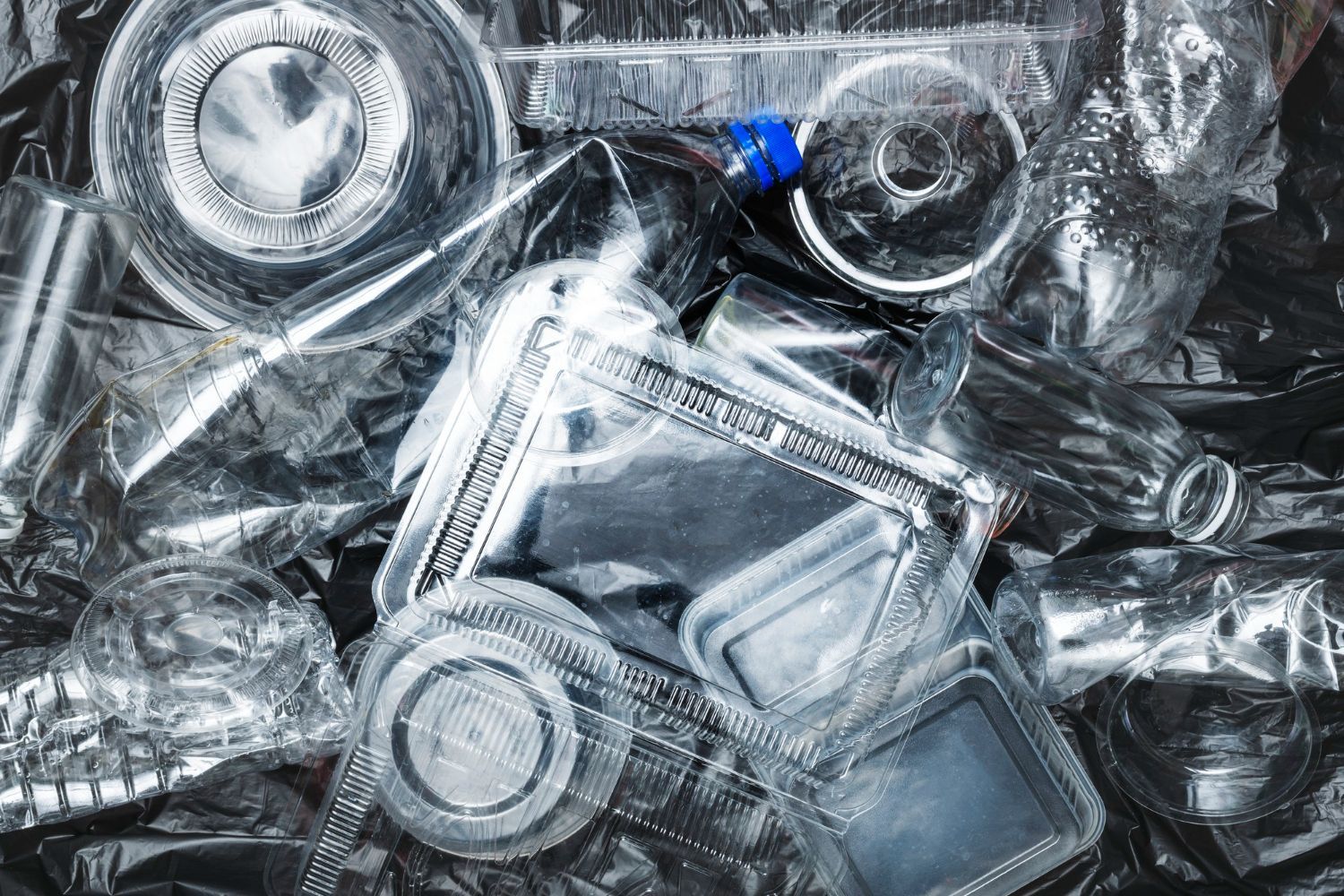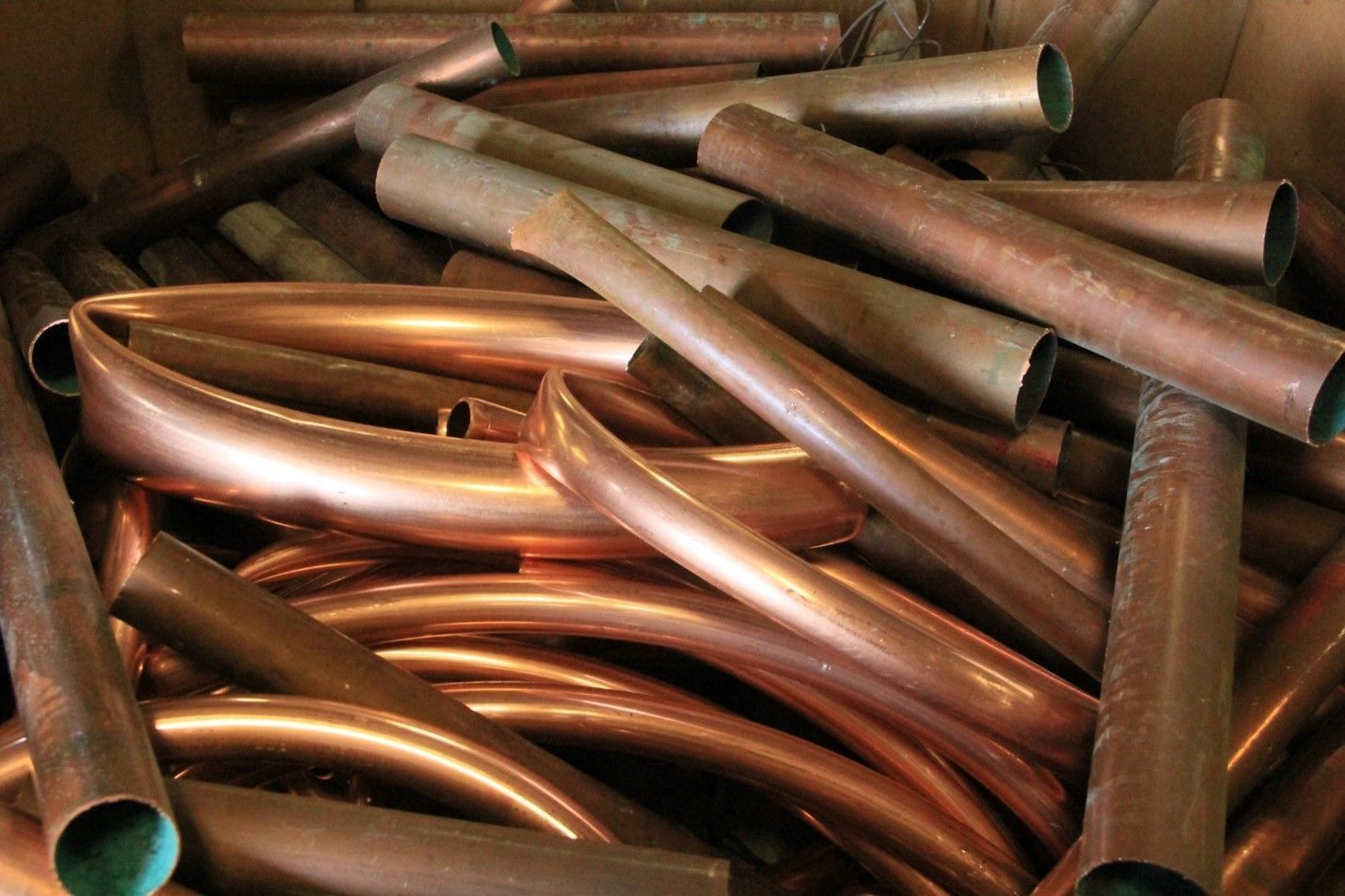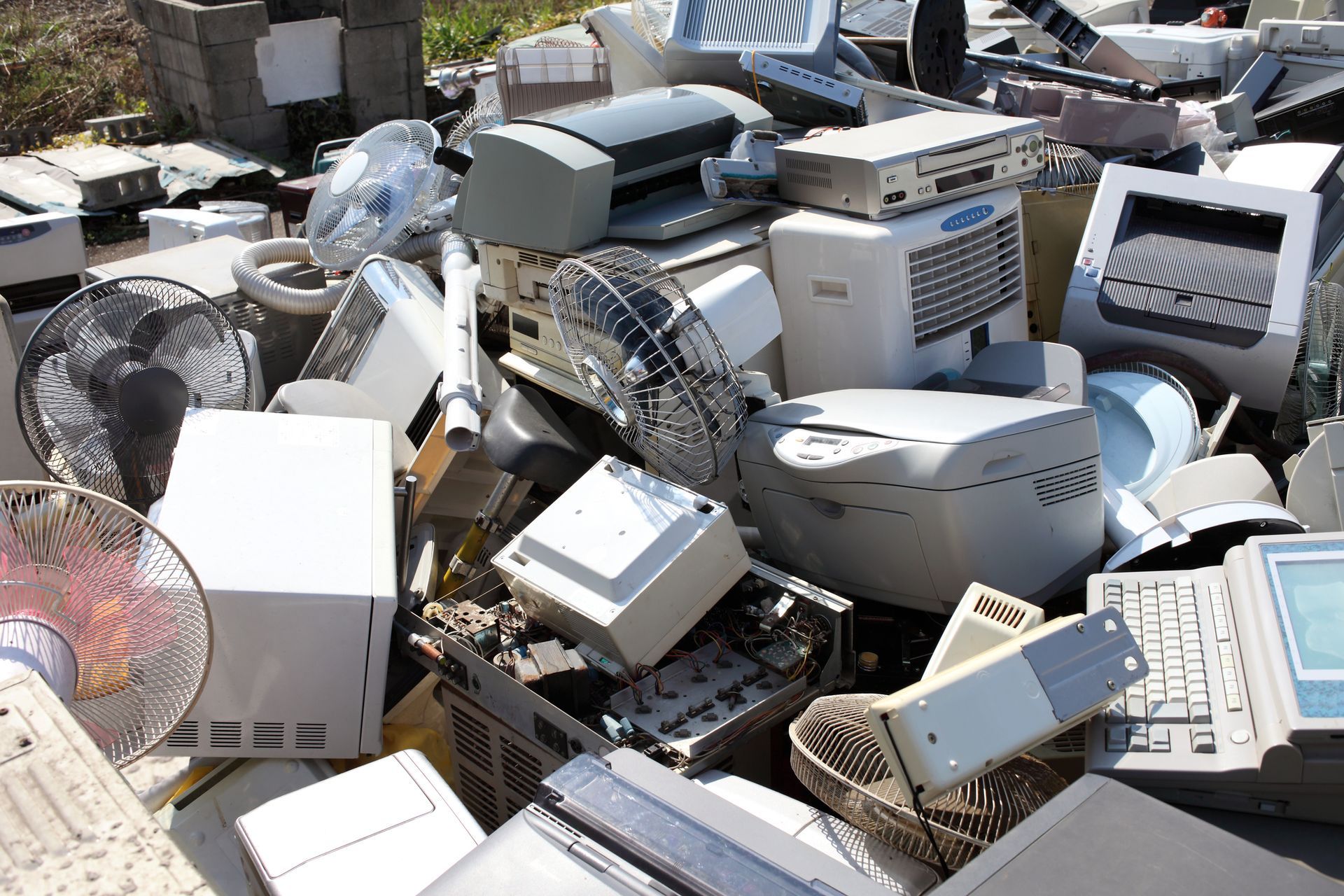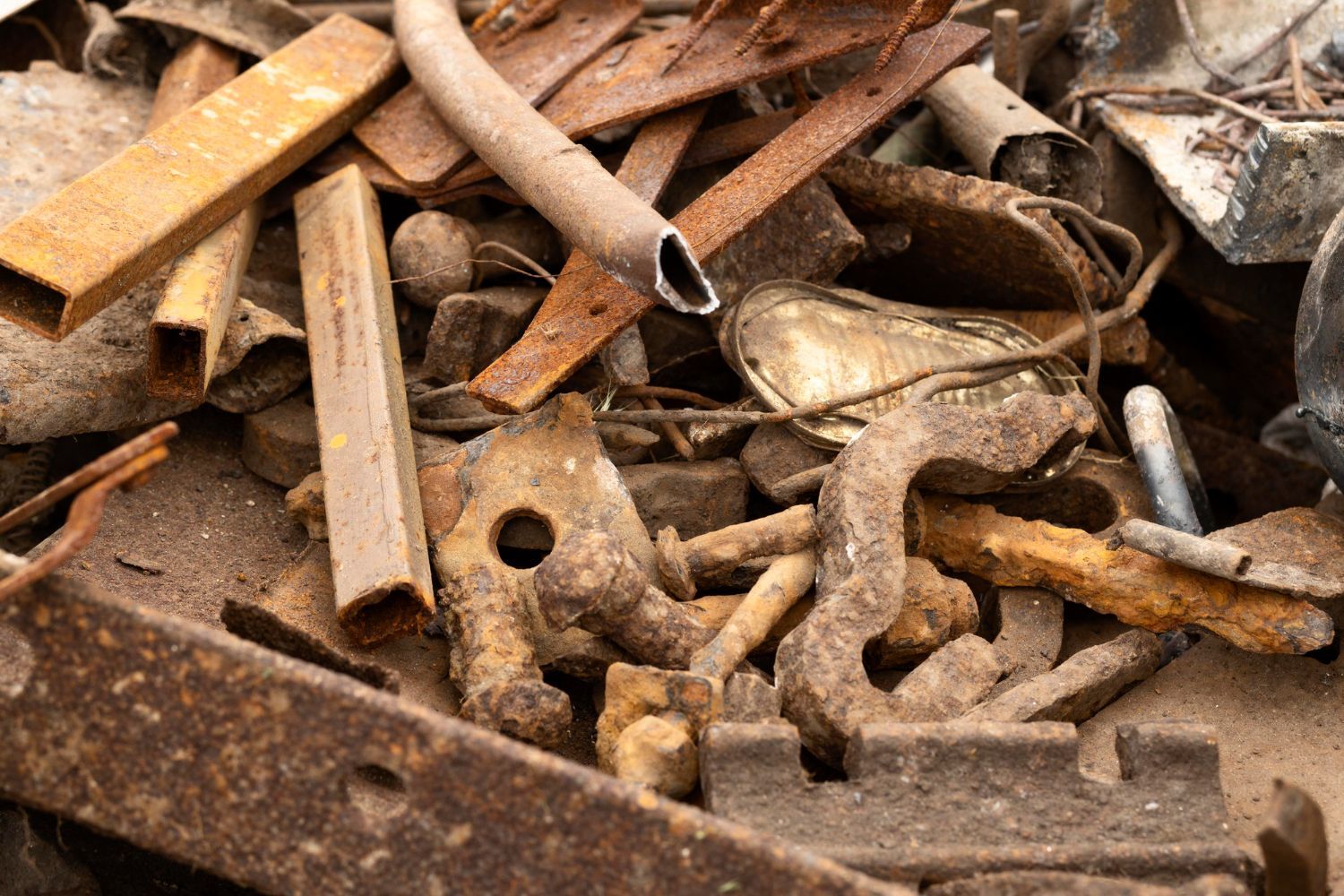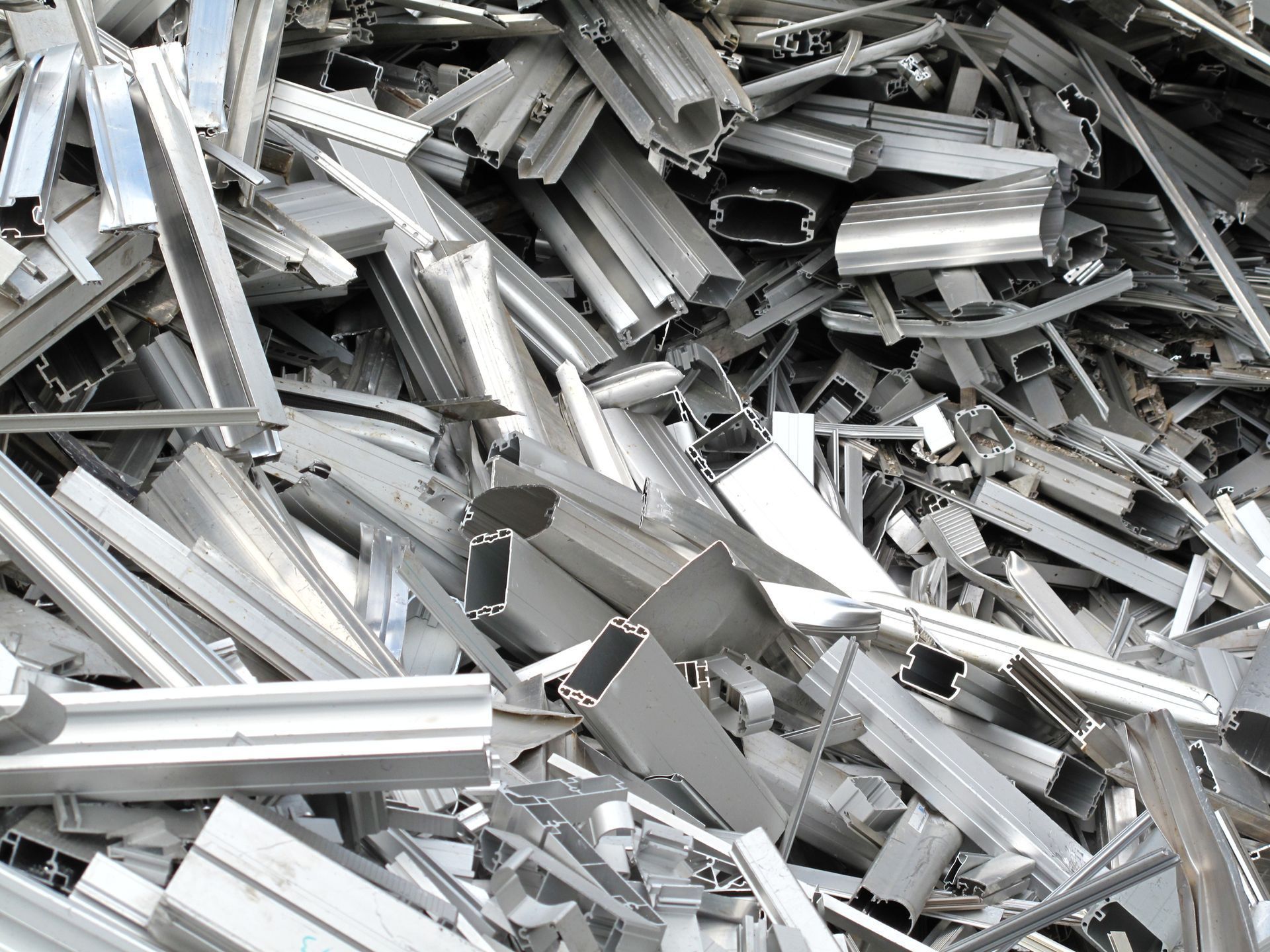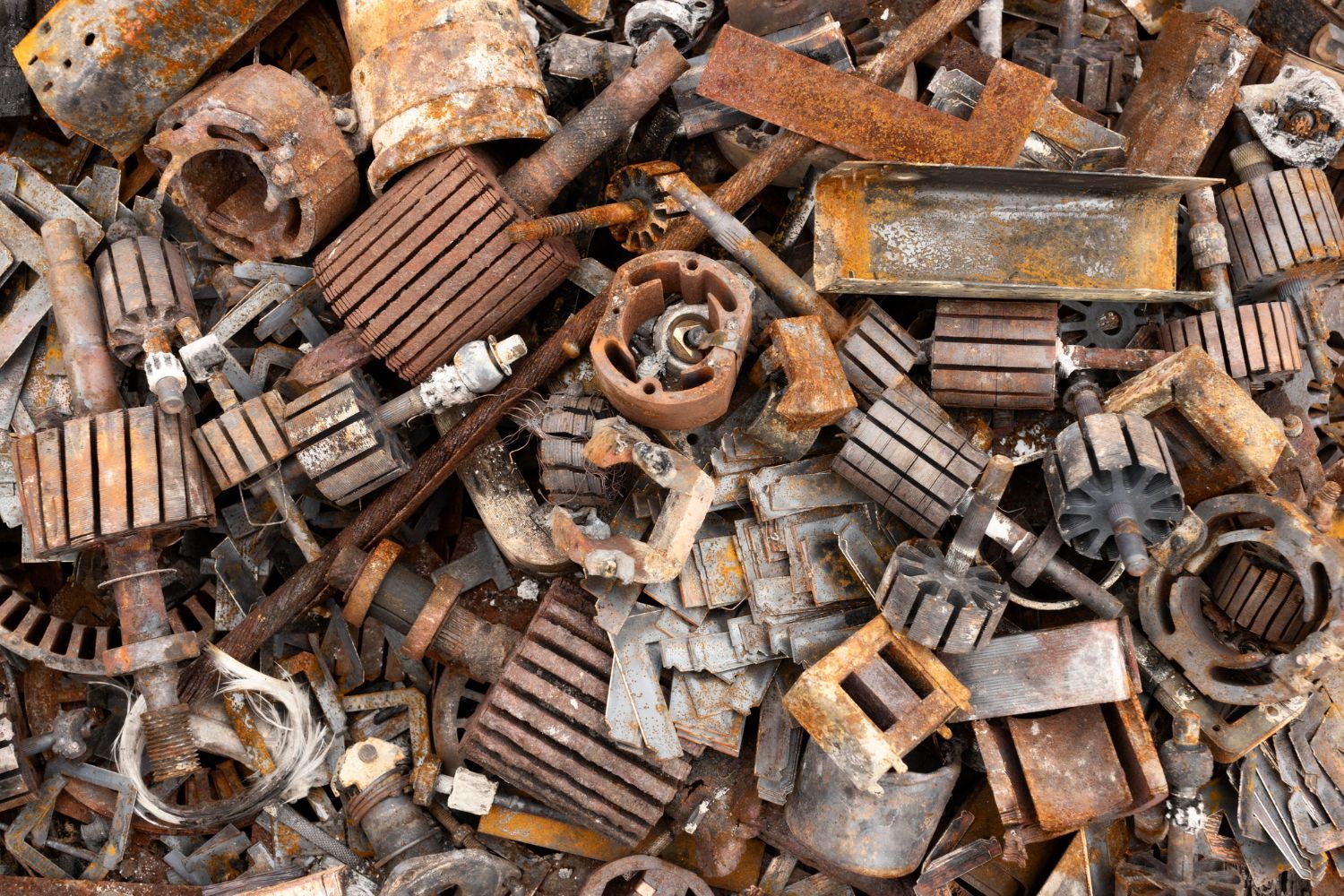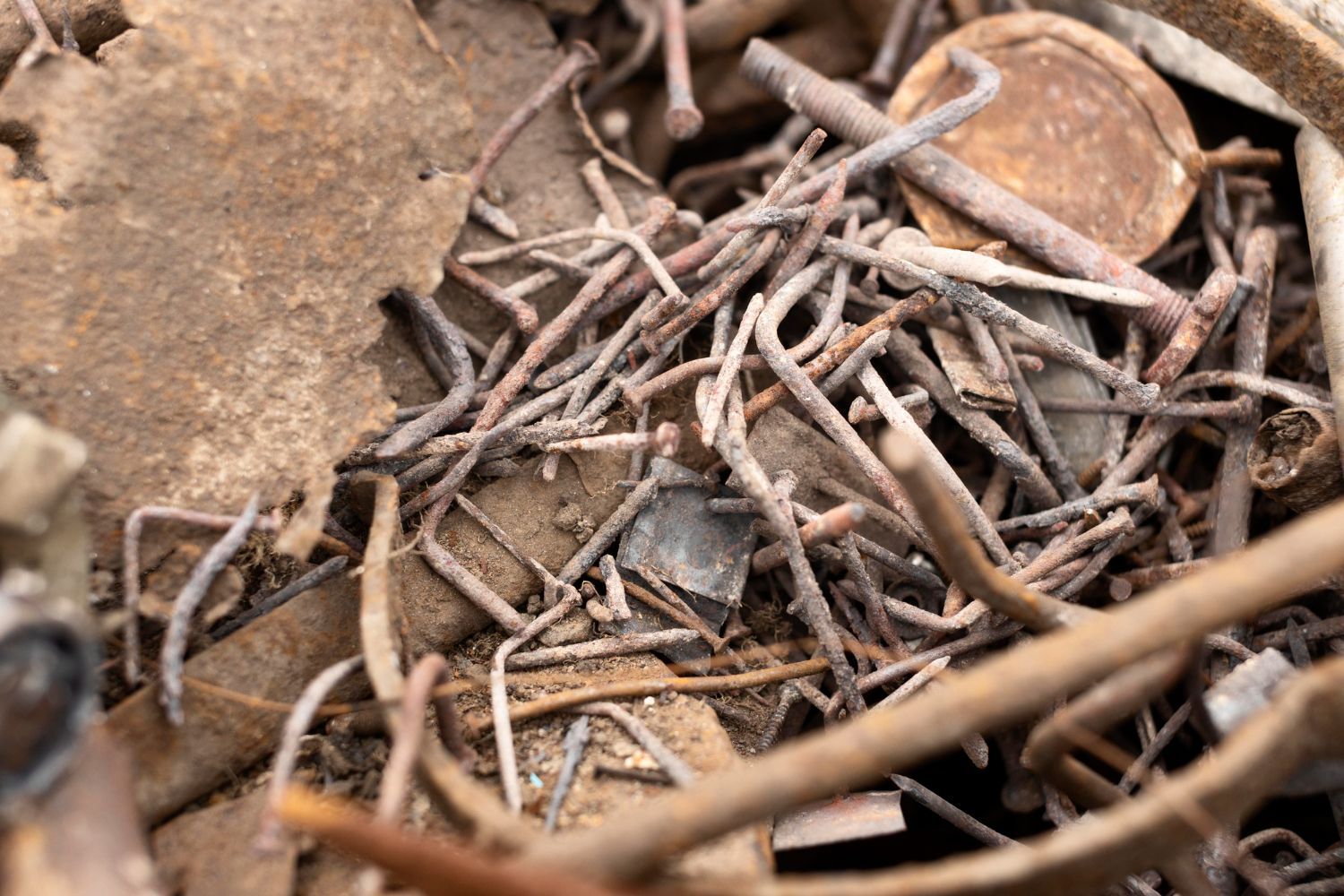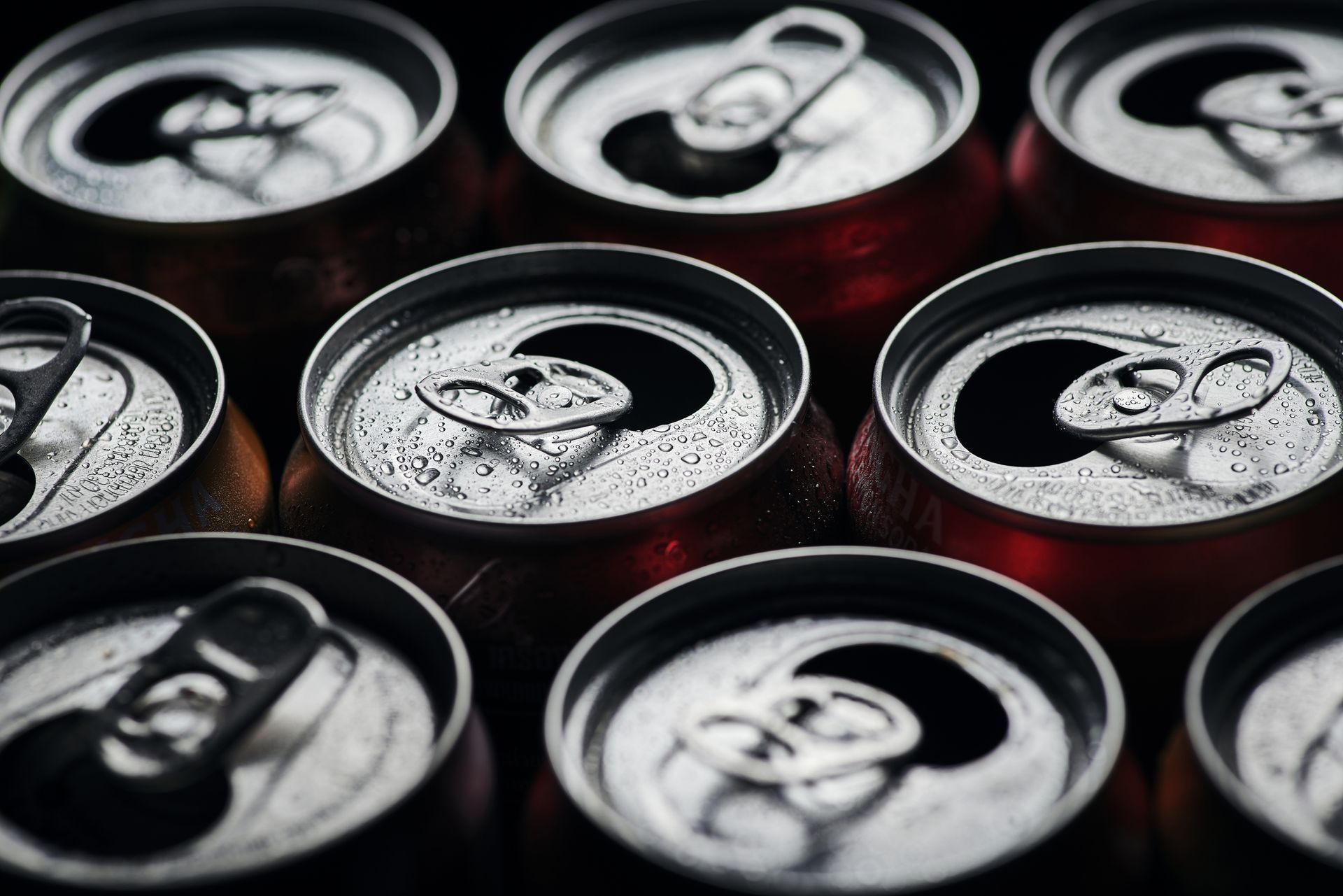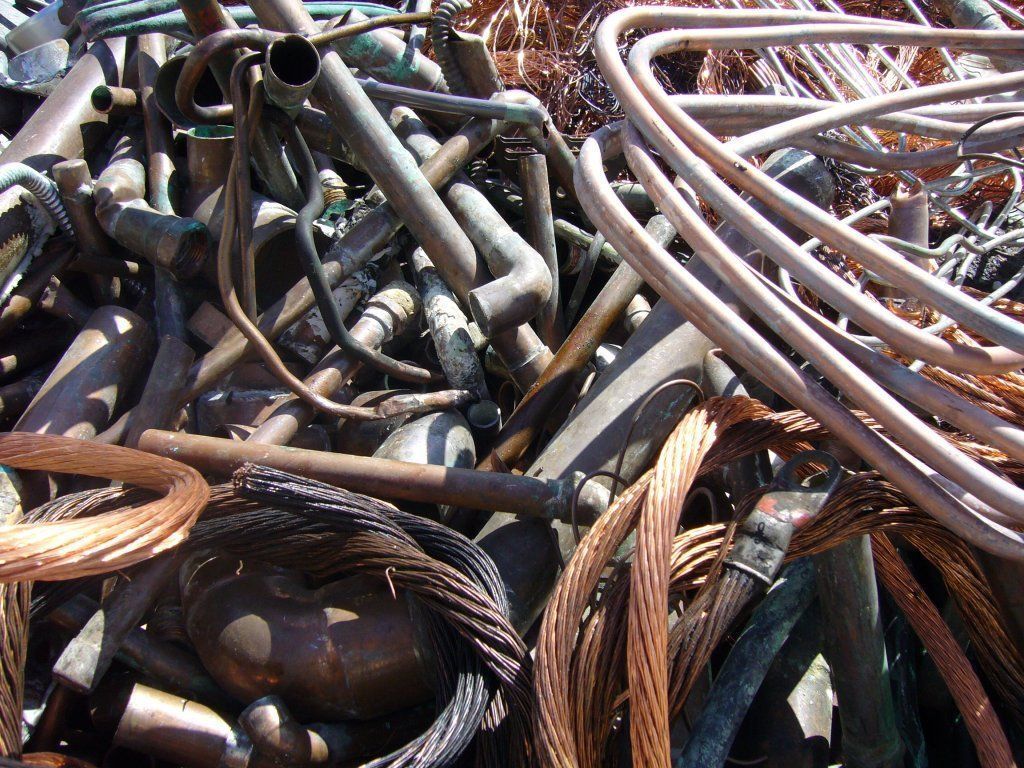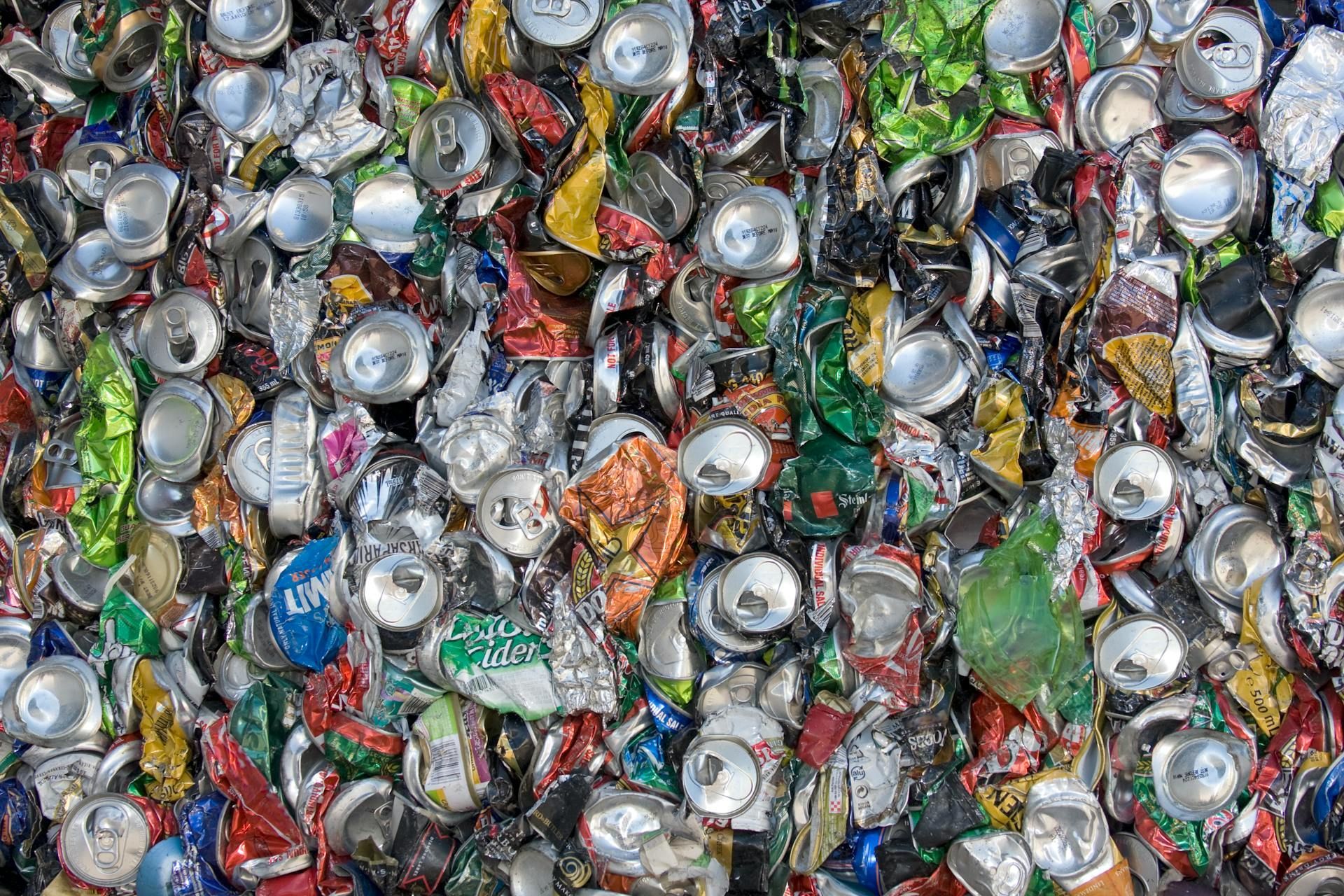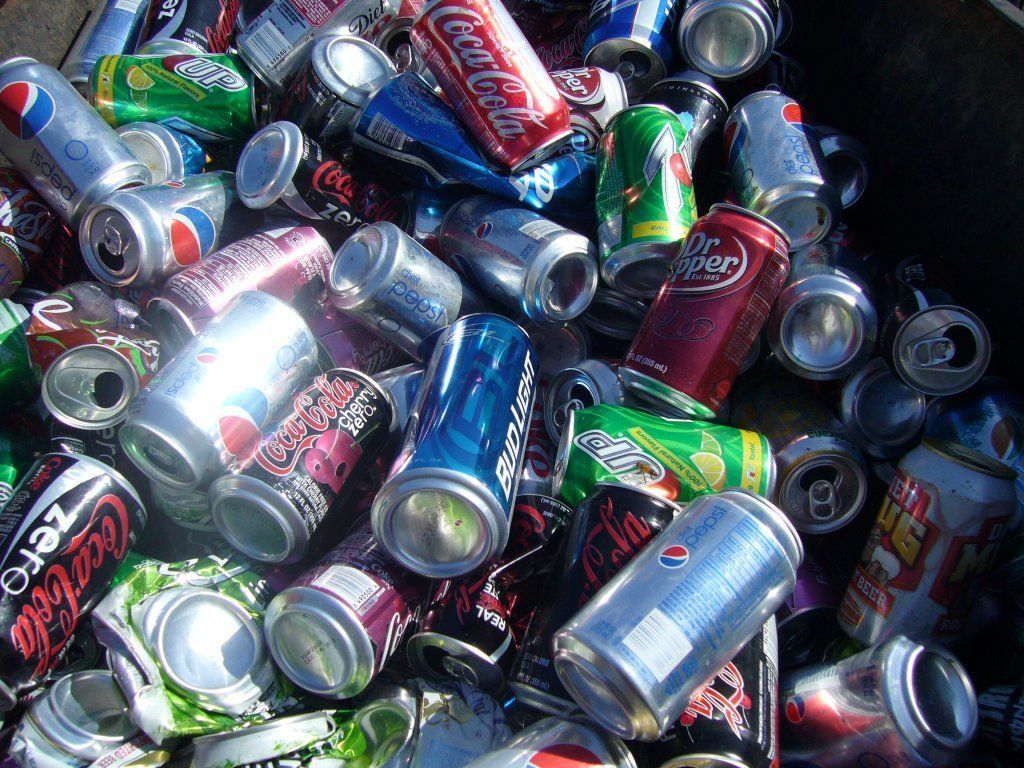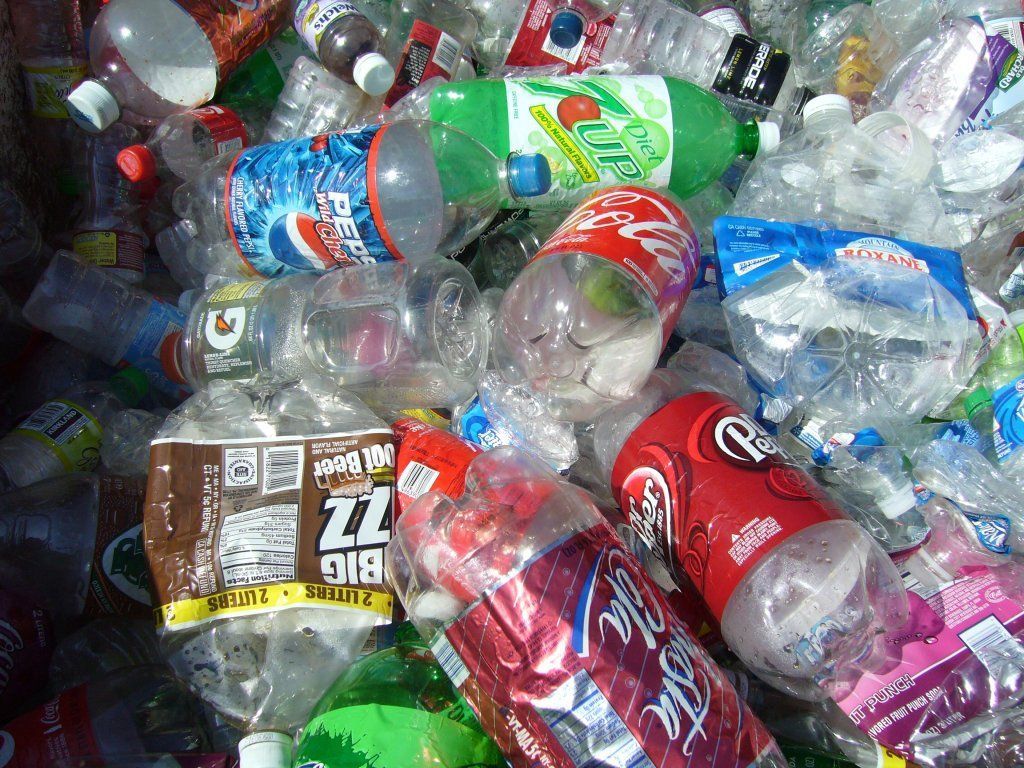The Environmental Benefits of Scrap Metal Recycling
Recycling is an important practice encouraged by many environmentalists and advocates. And recycling scrap metal, specifically, is an impactful way to help protect the planet.
1. Consider the Benefits of Recycling Scrap Metal
The environmental benefits of recycling scrap metal extend beyond just reducing waste in landfills. Recycling metal also has a major role in reducing greenhouse gas emissions, saving energy, and conserving natural resources.
2. Reduction in Greenhouse Gas Emissions
Metal production is a significant contributor to greenhouse gas emissions because of the energy required to extract, refine, and transport metal ore. This process leads to the release of large amounts of carbon dioxide and other harmful pollutants into the atmosphere. Rather than mining for new metal, recycling scrap metal allows for the production of new products using less energy and fewer emissions.
For example, recycling aluminum saves 95 percent of the energy needed to produce new aluminum products. This significant reduction in energy use translates to a major decrease in greenhouse gas emissions. In fact, the Environmental Protection Agency (EPA) reported that metal recycling reduces greenhouse gas emissions by 29 million tons of carbon dioxide per year, the equivalent of the yearly emissions of 6.3 million cars.
3. Greater Energy Savings
Mining, processing, and transporting raw metal consumes a significant amount of energy, resulting in environmental degradation. The process can emit harmful pollutants and hazardous materials that can cause air and soil pollution while harming human and animal health. Conversely, the amount of energy consumed to recycle scrap metal is much lower because the recycled metals do not require mining or smelting.
Recycling scrap metals simply entails melting the metal, reshaping it, and returning it back to the market, a process requiring significantly fewer resources in terms of time and energy usage. Additionally, recycling costs are far less than virgin material costs.
4. Conservation of Natural Resources
Another compelling reason to recycle scrap metal is that metal resources are finite. In other words, the metal that is currently mined will not last forever. While there are still substantial amounts of metals in the ground, as companies continue to extract and consume these resources, the planet will eventually run out. When you recycle scrap metal, you're able to conserve these finite resources and reduce the need for new metal extraction.
Many types of metals can be recycled and reused, including steel, copper, aluminum, and brass. When these metals are recycled, they can be turned into new products, reducing the need for new metal extraction, conserving natural resources, and diminishing the environmental impact of metal extraction.
5. Learn About the Steps That You Can Take to Help
Recycling scrap metal is easy and accessible for anyone who wants to do their part to protect the environment. There are recycling centers and scrap metal buyers across the country, and many of these businesses offer incentives and payment for your scrap metal.
You can start by separating your non-recyclable metals from your regular garbage and taking them to a recycling center. This simple step will help reduce the amount of metal in landfills, decrease the energy used to produce new metals, and reduce emissions.
If you have a large quantity of scrap metal, you can contact a local scrap metal buyer and inquire about selling it. Scrap metal buyers will assess your scrap and pay you for the materials based on current market prices.
Recycling scrap metal is an effective way to help protect the planet and conserve natural resources. You have the power to make a difference by recycling scrap metal whenever possible. Together, everyone can help create a healthier planet for future generations. To learn more, contact our team at Bruce Metal & Salvage.




